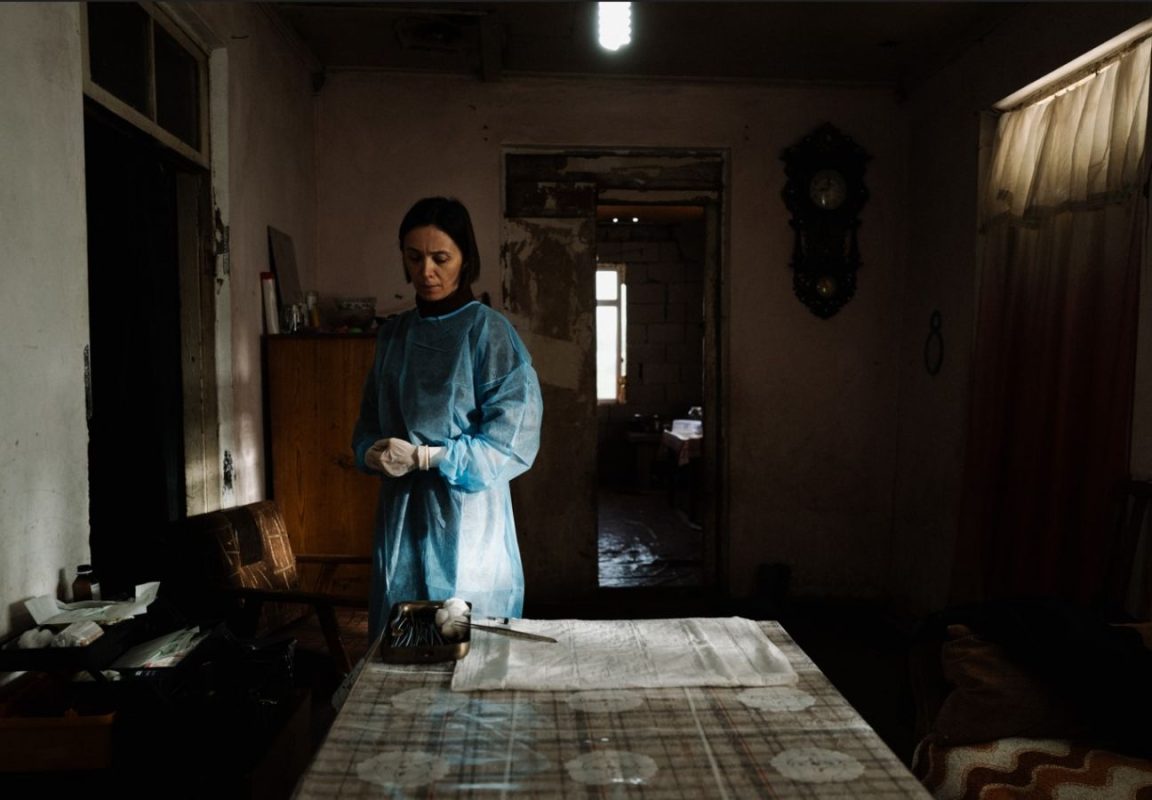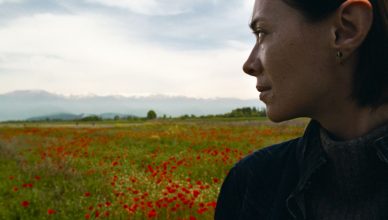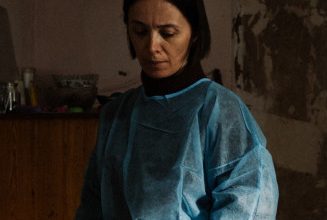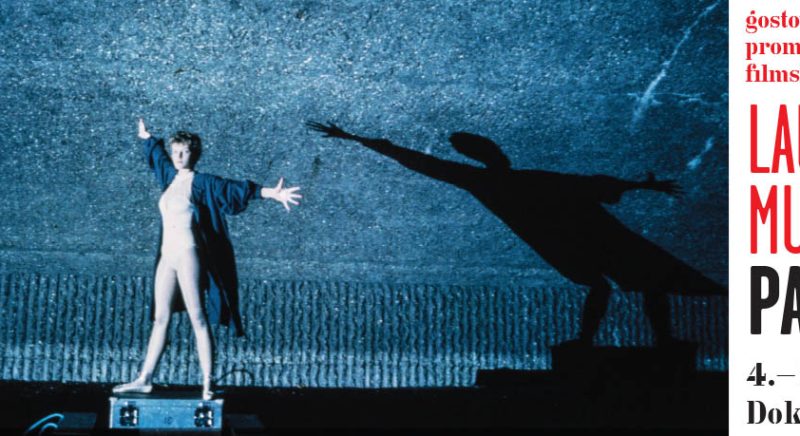
Nina is a gynecologist working at the only hospital in a small provincial town. When a newborn dies under her supervision, she’s accused of causing the baby’s death. As the investigation unfolds, every aspect of her personal and professional life is scrutinized, threatening her true calling. Day and night, Nina drives through the seemingly idyllic rural landscapes of eastern Georgia to reach the remote homes of pregnant women and girls, performing unauthorized abortions. Her unwavering dedication to a task only she can do, and her deep empathy for her patients, stand in stark contrast to her restrained demeanor and emotionally stunted private life. Her strictly regimented, ascetic daily routine is occasionally broken by risky, anonymous sexual encounters. Harrowing nocturnal drives on muddy village roads alternate with radiant glimpses of awakened nature and shots of fragrant flower fields. Conventionally directed dramatic scenes, tense to the point of anguish, are interwoven with fantastical sequences in which a monstrous apparition emerges relentlessly from the surrounding darkness with distorted movements. This strangeness is further underscored by a minimalist score from experimental composer Matthew Herbert, incorporating sharp sounds from Nina’s physical environment. Does Nina’s principled mission conceal a deeply buried trauma? Does her resistance mask a martyr-like submission? Is this fearless heroine truly free, or is she herself bound by the chains of patriarchy?
April is both a disturbing meditation on sexuality and transgression, and a piercing analysis of the dichotomy and convergence between existence and womanhood, grounded in the cyclical nature of birth and death. Since ancient Roman mythology, April has symbolized fertility and life’s renewal, but in a rigidly patriarchal setting, its lush blossoming veils emotional barrenness, strange transfigurations, and entrenched prejudice. Ultimately, Dea Kulumbegashvili’s second feature film exposes the illusion of modernity. The hospital where Nina works boasts state-of-the-art equipment, impeccable hygiene, and transparent investigative procedures. Yet within its gleaming, sterile white walls – as much as in the surrounding isolated villages – the same centuries-old beliefs persist, perpetuating fear, violence, and ignorance, and continuing to subjugate women’s bodies to the triumvirate of marriage, religion, and the state. (Dina Pokrajac)
Awards and Festivals:
Venice Film Festival (2024) – Special Jury Prize; Filmfest Hamburg (2024) – Albert Wiederspiel Award; San Sebastian International Film Festival (2024) – Zabaltegi-Tabakalera Prize
Dea Kulumbegashvili is a Georgian director based in Tbilisi. Her debut short film Invisible Spaces was nominated for the Palme d’Or at Cannes in 2014, as the first Georgian film ever selected for the festival’s international competition. Her second short, Léthé, premiered in 2016 in Cannes’ Directors’ Fortnight section. Her first feature film, Beginning, was screened at festivals in Cannes, San Sebastian (where it made history by winning Best Film, Director, Screenplay, and Actress), Toronto (FIPRESCI Prize), New York, and Busan.





















